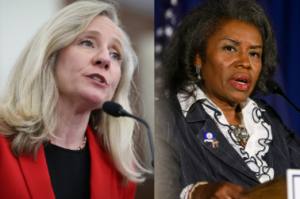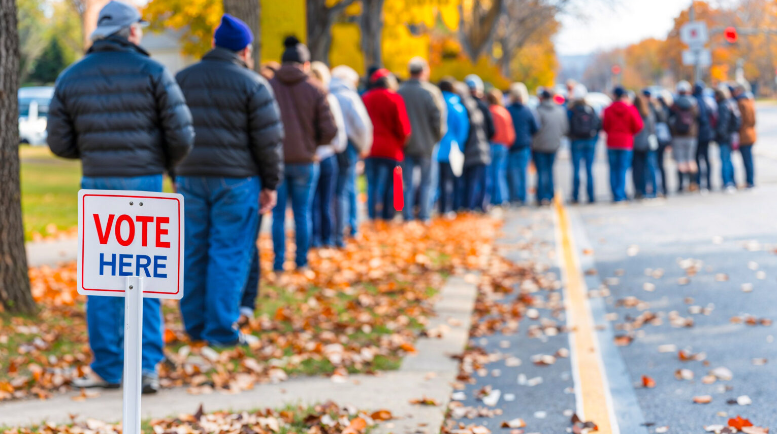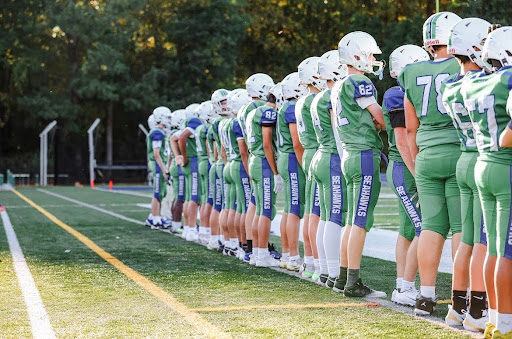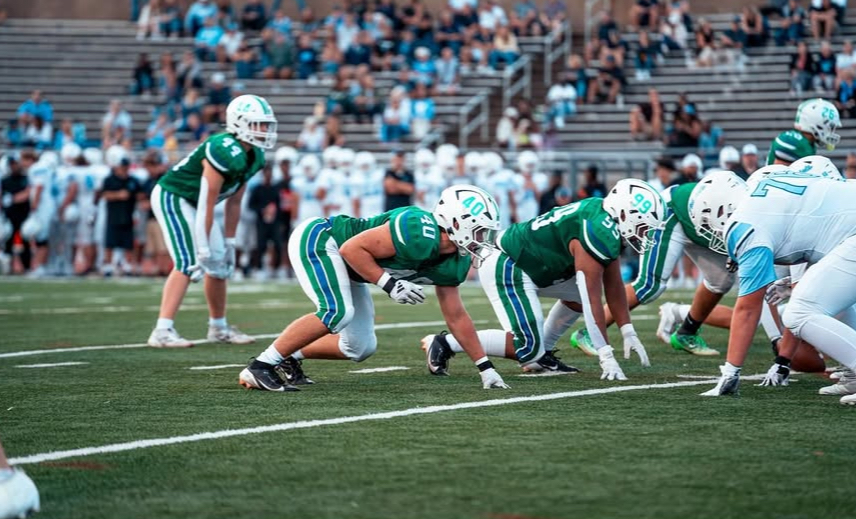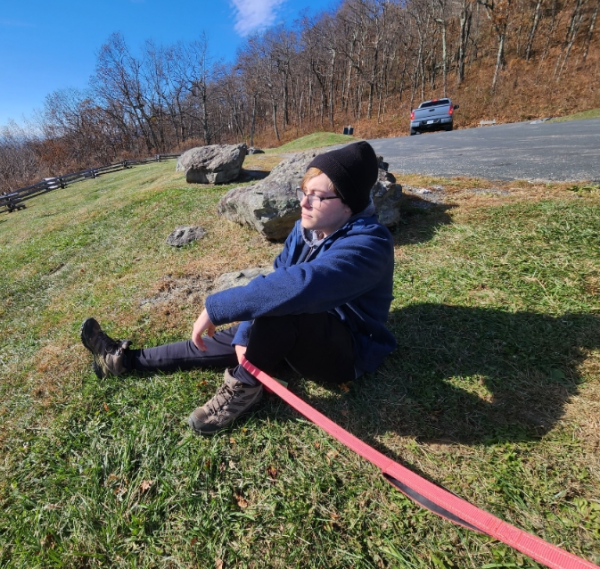With the election right around the corner, the outcome won’t depend on how many votes candidates can pull from the middle to one side or another, but how motivated they make us to vote about it. In the past few years, voter turnout has been an even more important issue than winning independent or undecided voters. Especially among young people, turnout has been chronically lacking, with only 39% of voters between the ages of 18-24 voting in 2016, and 50% in 2020.
With barriers to voting like changing ID or verification laws, it gets harder for voters to register and get out and vote. Additionally, the day itself proves to be troublesome for many; a Tuesday isn’t exactly the easiest day to get out of work for several hours to vote. Luckily, early and absentee voting circumvents this, and has become more accessible in recent years, having an observable impact on turnout.
Still, it becomes difficult to motivate constituents to vote. Taking that time seems to have little concrete benefit to voters, and many will shrug off their vote, citing disinterest in the candidates and a busy schedule. This inevitably leads to a positive correlation between age and turnout, as older voters will have more time and means to get out and vote, as well as having a concrete stake in elections through property and amassed wealth.
For young people, they don’t feel that same pull. In the US, young voters often don’t own property, significant wealth, or something to ‘protect’ or ‘gain’ from voting. This has led to increased pessimism on voting, and lower turnout. However, in this election cycle, young people have proven to be very willing to turn out to vote for social issues, which both candidates have fully utilized in their strategies. Issues like identity politics, abortion, racial justice, and immigration have proven to be high-engagement issues that bring out voters, but also deepen divides in our country.
Social issues coming to the forefront of the political stage has also made politics more personal, more aggressive, and have exacerbated existing social conflicts to national proportions. All of this negativity has given voters a dirty and toxic view of politics, causing many to shy away from politics and refrain from engaging in discourse, including in voting. While raving rallies and public spats may make great TV, they discourage people from engaging in politics as a whole.
For this election, if young people want their voices to be heard and their futures to be secured, they need to vote. Online, pessimistic attitudes about the US and voting run rampant, leading to lower turnout as young people believe their votes don’t count. Thus we end up at the paradox of voting: a single vote doesn’t move the needle, so why should I vote? At the same time, the barrier to vote can often be troublesome and unclear to us, raising the bar past where we value getting our opinions heard.
With all the pessimism online, it’s important to remember that all votes do count in the election, even in solid red or blue states and with our small voting population at South Lakes. By voting, you express your approval for one candidate or issue and exercise a fundamental right given to you by the Constitution. We also don’t just vote for national elections, we vote for state and local elections too. These “down-ballot” races and referendums will have a much closer impact on our lives, and our vote will count much more with a smaller population of voters.






